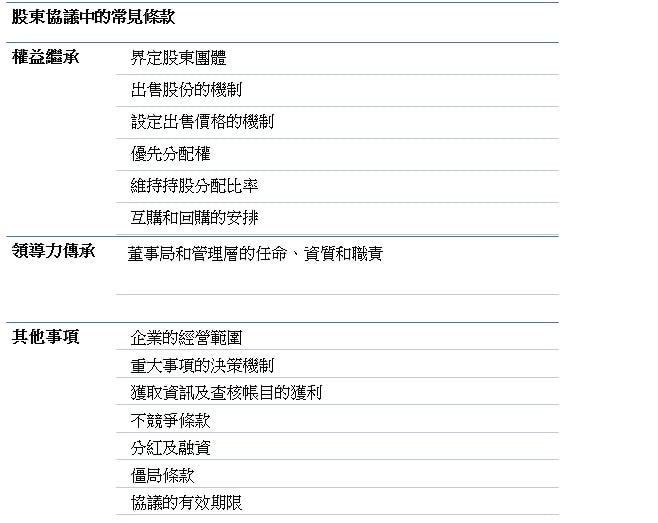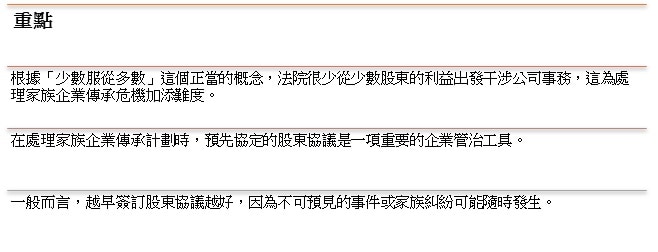Introduction
It is increasingly common for parties in dispute to seek to resolve issues via alternative dispute resolution (ADR) to avoid costly litigation and being involved in an adversarial situation which is often detrimental to the ongoing business relationship of the parties. One common form of ADR is mediation and in this regard, The United Nations Convention on International Settlement Agreements Resulting from Mediation, or as commonly known, the Singapore Convention on Mediation (the “Convention”), was ratified on the 7th August this year by 46 signatory states (including the United States, China and Singapore) to establish a framework for enforcement of international settlement agreements through international cooperation at the state level between the signatory countries. This is particularly significant for international trade as disputes often involve different countries.
According to the words of the Prime Minister of Singapore Mr Lee Hsien Loong at the signing ceremony, the Convention represents the “Missing Third Piece” in the ADR enforcement framework in the international arena for cross-border disputes where currently many businesses either relied on arbitration, enforced via the New York Convention, or on litigation.
This article explores the substance of the Convention and the potential value it may bring to parties in cross-border disputes hoping to settle by mediation.
The advantage of the Convention
On a high level, the advantage of the Convention is to allow direct enforcement of cross-border settlement agreements achieved from mediations in the signatory jurisdictions. Prior to the Convention, a party to a litigation could only start the enforcement process (which normally would involve further court applications) in the foreign jurisdiction after judgment was obtained. Similarly, for arbitration, the winning party would need to first obtain an arbitral award before it could be enforced in the foreign jurisdiction. These were often time-consuming and costly processes. The Convention provides for the mechanism whereby the parties can now enforce settlement terms in a much quicker way and bypass these burdensome and expensive routes.
The Requirements
To achieve the aforesaid benefits, it is important to note the requirements for an effective mediation settlement agreement recognised and enforceable under the Convention. The main requirements as stated in Article 1 of the Convention are as follows:-
- the mediation settlement agreement must be in writing; and
- at least two parties to the settlement agreement must have their places of business in different States, or alternatively, the State in which the parties to the settlement agreement have their places of business should be different from the State in which a substantial part of the obligations under the settlement agreement is performed or the State with which the subject matter of the settlement agreement is most closely connected.
Article 1 of the Convention, however, also restricts the ambit of the Convention. It states that the Convention does not apply to settlement agreements:-
- where the transaction being the subject matter of the dispute is for personal, family or household purposes;
- where the subject of dispute relates to family, inheritance, or employment law;
- that have been approved by a court or concluded in the course of court proceedings and are enforceable as a judgment in the State of that court;
- that have been recorded and are enforceable as an arbitral award.
The value of the Convention
Although the Convention will only come into effect 6 months after 3 States have acceded or ratified the Convention, the potential value the Convention may bring to commercial parties in dispute, as mentioned hereinabove, is evident and cannot be understated.
There is no doubt that the Convention represents an important milestone in that it opens up a new path for international cooperation in the cross-border mediation context with the view of providing parties a cost-effective and direct way to settle disputes.
Parties are now afforded a new choice in considering how to move the matter forward when they encounter legal disputes in conducting their business. For these reasons, the Convention is certainly a welcoming one. In this regard, individuals and businesses who regularly enter into cross-border transactions should pay close attention to the continuing development of the Convention to gain maximum benefits from it.
OLN provides a wide range of dispute resolution services including arbitration services. If you have any questions on the above, please contact Selwyn Chan, Partner and Notary Public at selwyn.chan@oln-law.com.
For more information about Selwyn Chan, Partner of Oldham, Li & Nie, please visit the following link: https://oln-law.com/selwyn-chan.
Disclaimer: This article is for reference only. Nothing herein shall be construed as legal advice. Oldham Li & Nie shall not be held liable for any loss and/or damage incurred by any person acting as a result of the materials contained in this article.
 香港中环雪厂街二号圣佐治大厦五楼503室
香港中环雪厂街二号圣佐治大厦五楼503室 +852 2868 0696
+852 2868 0696









